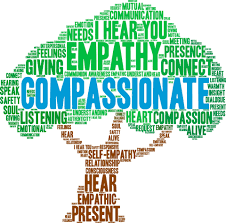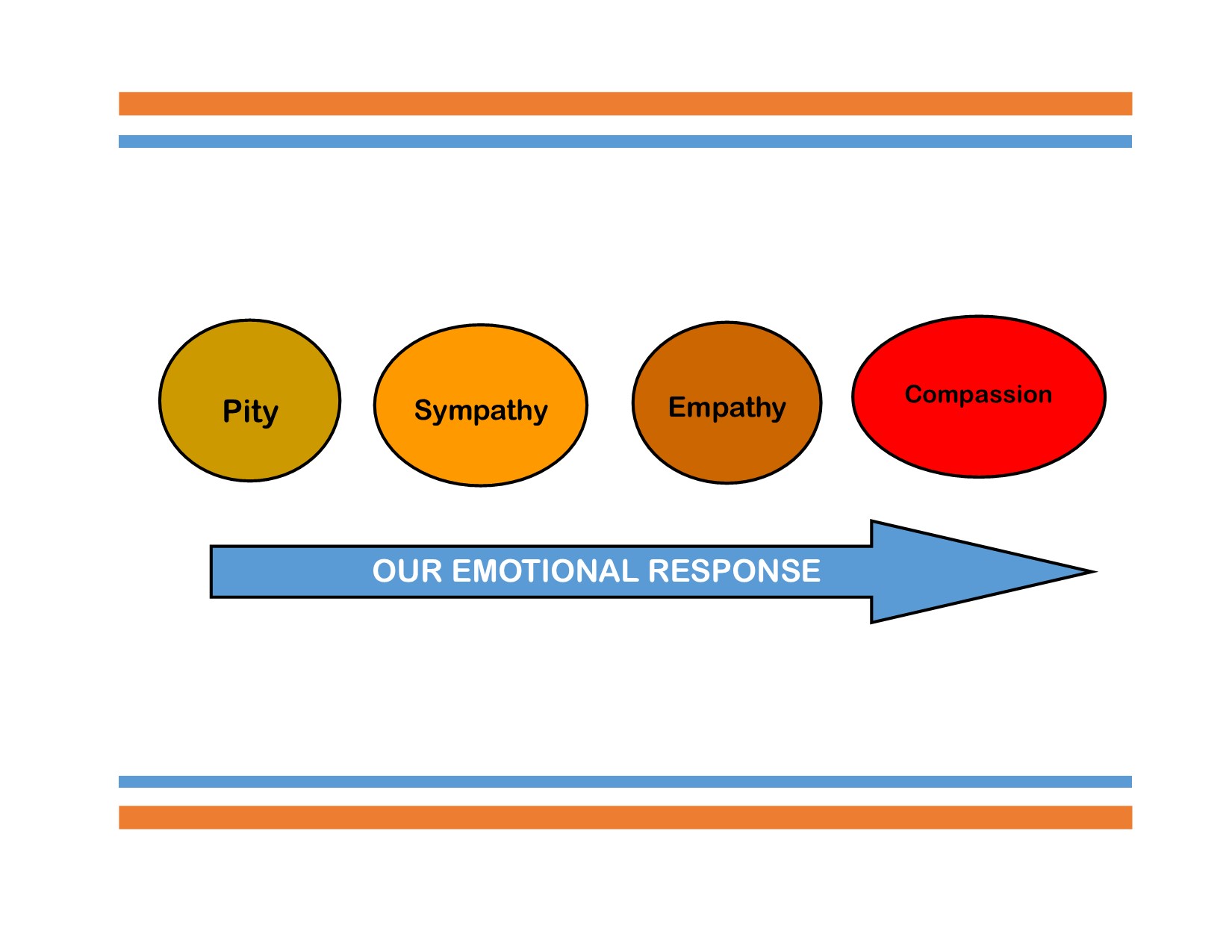Knowledge is power but experience is better!
In a world that has marginalized the need for church and things of God, it may seem like a waste of time to learn more about the Holy Spirit. If information “is needed”, one may choose to go to the web or AI and answer any questions they might have.
But knowledge of something (intellectual or cognitive knowledge) is quite different from experiencing something for yourself. Imagine, your knowledge of a famous entertainer or sports figure such as Patrick Mahomes or Stevie Wonder (I’m dating myself and it’s ok). It is one thing to know all of Stevie Wonder’s songs and his personal rise to fame, however, it is quite another to experience time with him as his personal guest in New York (I like New York).
The value of our knowledge of God—His ways and works—is more than a “head exercise”. It is all about “relationship’’. It is important to know as much as possible about the One we want to be in relationship with. Do we want that connection with God? If our answer is yes, then, time spent learning about Him is valuable and rewarding.
How can we grow in the knowledge of God?
First and foremost, the only way we can know God is through Jesus Christ (John 14:6). It is the Son of God and His finished work on Calvary, that makes it possible to be united (or reunited) with God since man’s fall in the Garden (Genesis 3).
During Christ’s ministry, it was His goal to not only redeem man from sin but to also reveal the heart and nature of God. During the Old Testament dispensations, God’s ways were not generally shared with Israel. Mediators, such as judges, priest, and prophets, were how God shared His thoughts and purposes.
After Jesus’ resurrection and ascension, He provided access to Himself and the Father. That access would be possible, not through the Internet nor through AI, but through the Holy Spirit, Who indwells each of us who have accepted the offer of Jesus’ salvation (John 14:17).
Why is this important and relevant for today?
Our view of God is key to our reality. It determines our worldview—what we think and how we behave. “Thinking right” about the Holy Spirit needs to be included in that reality.
The church today desperately needs to rediscover the true person and work of the Holy Spirit. The third member of the Trinity has been grossly misrepresented, insulted, and grieved by a counterfeit movement that is being propagated in his name.
It is high time for those who love the Holy Spirit to take a bold stand and confront any error that blatantly and blasphemously dishonors the spirit of God. If we are to honor the Holy Spirit, treating Him with the reverence and respect that is His royal due, we must rightly discern His true ministry—aligning our hearts, mind, and wills with His wonderous work[1]
What’s next?
For the next few weeks, we will focus on “thinking right” (correct doctrine) about the Holy Spirit. As important, we will identify ways we can better experience the Holy Spirit in our daily life.
The Holy Spirit is always with us. He is a gift to us from our heavenly Father (Acts 2:38). I close with this teaching by Charles Spurgeon on the importance of developing a personal relationship with the Holy Spirit.
Do not ignore the presence of the Holy Spirit in your soul. I beseech you, do not live as if you had not heard whether there were any Holy Spirit. To Him period pay your constant adorations. Reverence the august Guest Who has been pleased to make your body His sacred abode. Love Him, obey Him, worship Him.[2]
[1] The True Work of the Holy Spirit, John MacArthur.











